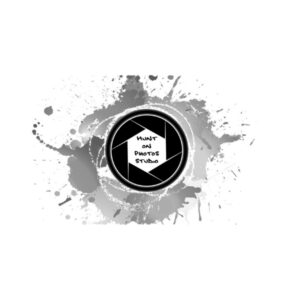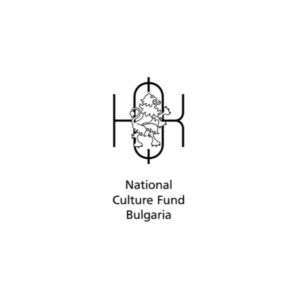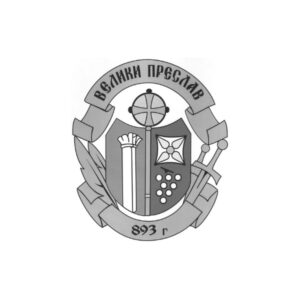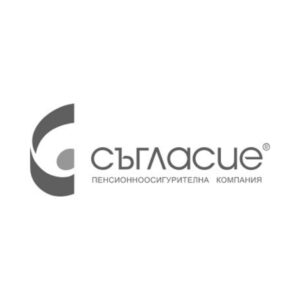
Dark Heritage is connected to events that traumatise groups and determine their cultural identity. Such events concern societies, as physical and conceptual spaces related to war, genocide, mass killings, ethnic conflict, oppression, violence and death bear such moments in their heritage, tangible and intangible. Dealing with traumatic heritage may have therapeutic effects for locals and outsiders. War and conflict spaces exist around the whole Europe, thus dark heritage can be a starting dialogue point for artists and citizens.
ECHO: European Cultural Heritage Onstage (June 2018 – June 2019) -or ECHO I as we call it now- was a European creative project, which was implemented in the context of the European Year of Cultural Heritage 2018. It invited artists from the fields of painting, drawing, sculpture, installation, performance, videography and photography to create original artworks, after exploring the Dark Cultural Heritage of the Balkans.

Impact and follow-up
ECHO I achieved:
- To explore Balkan dark heritage and tighten its link with artistic creation, through the creation of artworks inspired by the history and the cultural heritage of the local communities.
- To enable contemporary artistic co-creation based on cultural elements from new, old and future EU member states, by bringing together artists and local people in a process of mutual inspiration and creativity.
- To capture original images of local communities as a cultural entirety and as part of the European cultural context.
- To reframe local dark heritage by enhancing a European sense of belonging through artistic creation and co-creation, in light of the European Year of Cultural Heritage 2018.
- To facilitate cultural and artistic exchange between new, old and future EU member states through the art residencies, the exhibition and the local activities.
ECHO I keeps echoing via:
- The 29 of the artworks that were donated by the artists to the local communities, in order for them to get benefited from the artistic outcomes of the project in other innovative ways, and according to their specific needs.
- The follow-up ECHO projects.
NEWS AND ACTIVITIES
ARTISTS
STAFF
Sponsors








